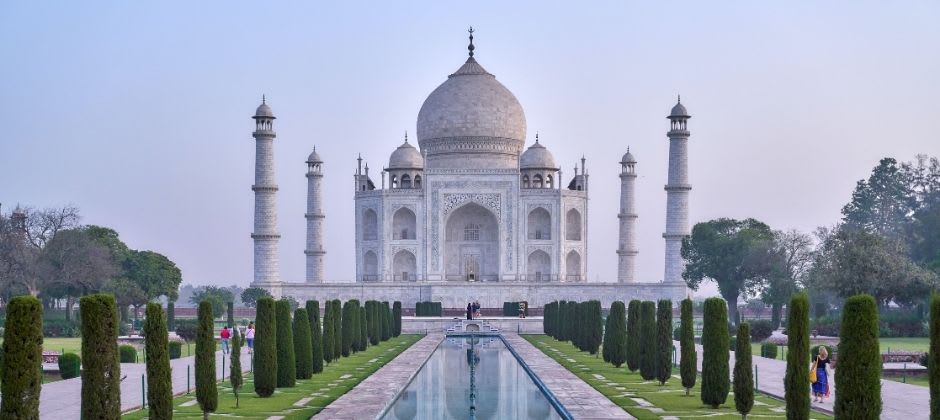Study in India: Application Process
India uses a national application portal: Your 5 Steps to Study in India. You can apply for up to three different programs through it. The limit is three: either three different programs or three different schools. PhD applications are made directly to individual schools.

India uses a national application portal: Your 5 Steps to Study in India. You can apply for up to three different programs through it. The limit is three: either three different programs or three different schools. PhD applications are made directly to individual schools.
To apply through the national portal, you will need to register some basic personal details. You will then come to an upload page. There, you upload your academic transcripts, your letter of motivation, your evidence of English proficiency (unless you’re from an Anglophone country recognized as such by the Ministry of Education) and any other documents your school might want. If your documents aren’t in Hindi or English, you’ll need to provide the originals along with a notarized translation.

PhD applications follow a broadly similar process, but you must also include an academic CV. PhD applications normally work like job adverts, in that they are sent out in response to a particular vacancy or position.
PhD applicants must also complete a discipline-specific Research Eligibility Test (RET). The RET ensures that you have the know-how to succeed in your chosen field. You’ll need to submit the results of this test as part of your application.
The deadline for applications shifts a little each year, but it generally falls towards the end of January in the academic year before your chosen course starts.
Study in India
India is a country with a world-famous cuisine, magnificent architecture and a welcoming atmosphere. This section tells you more about this vast country.
Education in India
Want to learn about how the higher education system works in India? India is a great destination for a variety of students, given its good programs, lower fees and its world-renowned culture and history. Take a minute to find out more about the structure of the education system in India!
Student Visas
Do you need a visa to enter India to study? Learn more about the student visa process, and what you need to enter the country, depending on your citizenship.
Housing & Living Costs
No matter where you study abroad, it’s important to create a budget in advance so that you’re prepared. Therefore, we’ve detailed average living and housing costs so that you can get a better idea of what you would be paying as a student in India.
Tuition Fees & Scholarships
Tuition fees for degree programs in India are fairly similar. Both international and domestic students are expected to pay tuition fees in India. We've put together information on how this works, and on scholarships, in this section.
Language & Culture
India is a country rich in history and culture. Find out more about what the country offers in terms of language, culture, and more! We also talk about how to stay safe in India in this section.
Programs
Ready to look at education in India? Use our search engine to find and compare top programs in India today!

Author
The Keystone Team is comprised of experienced educators and advisors dedicated to providing valuable resources and advice to students all over the world.